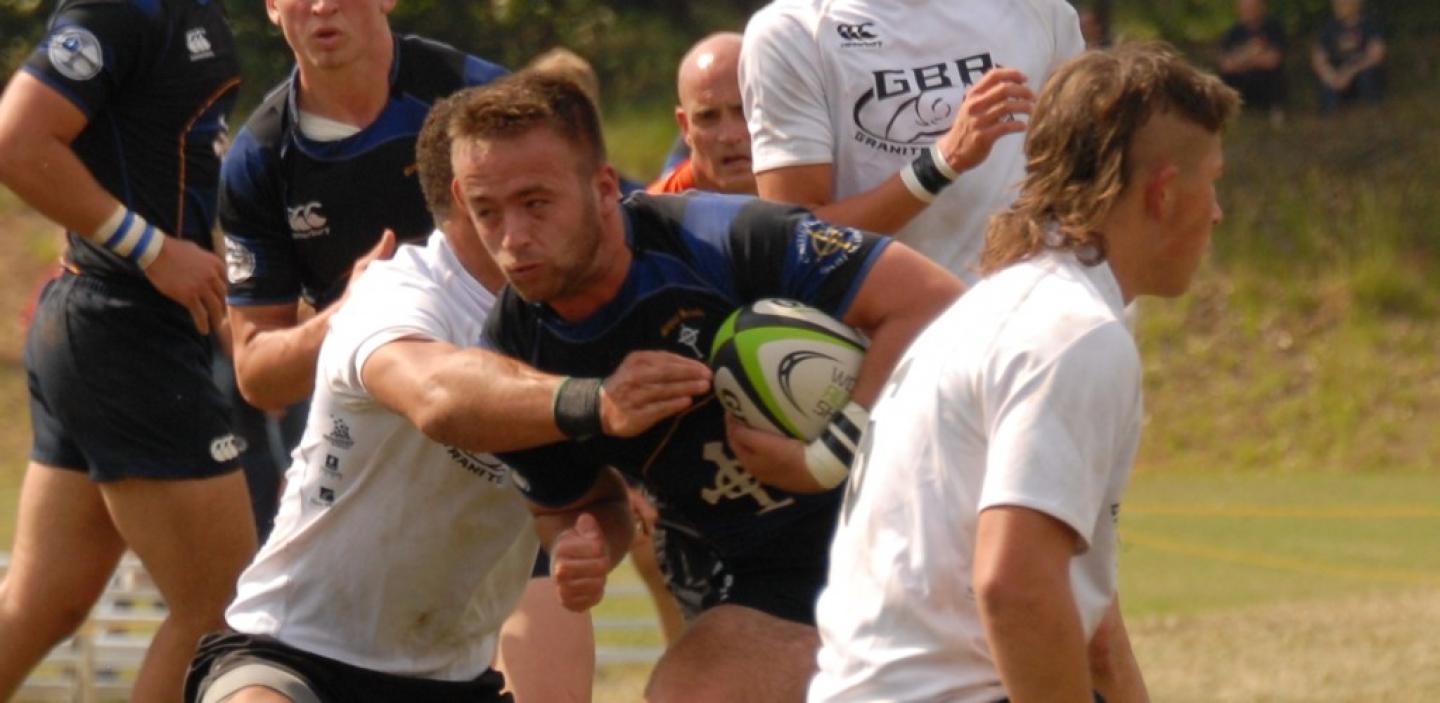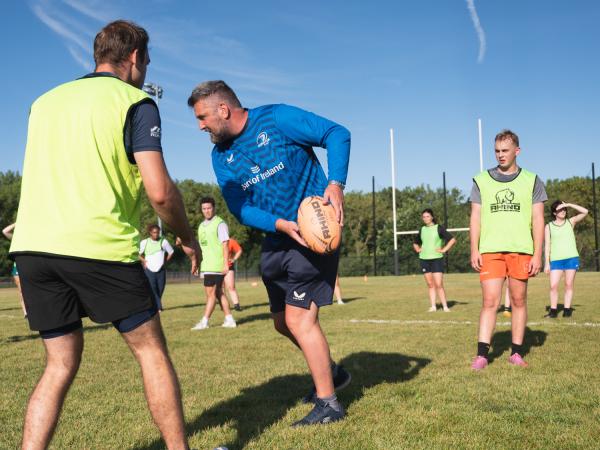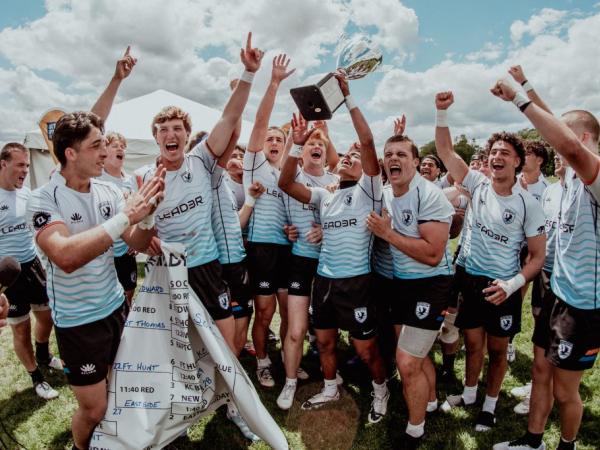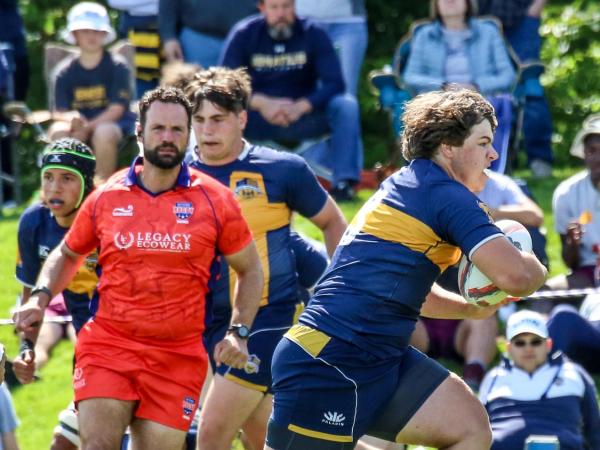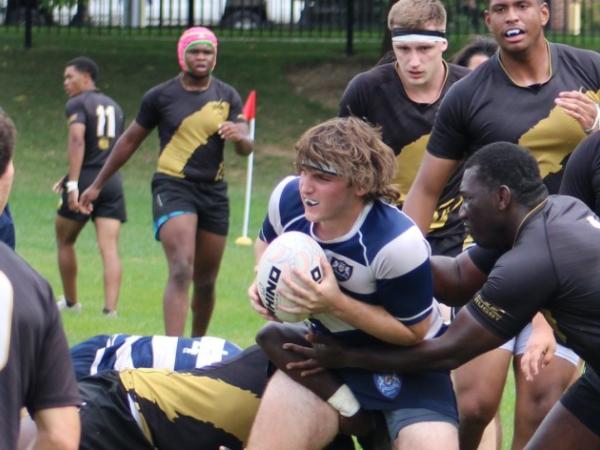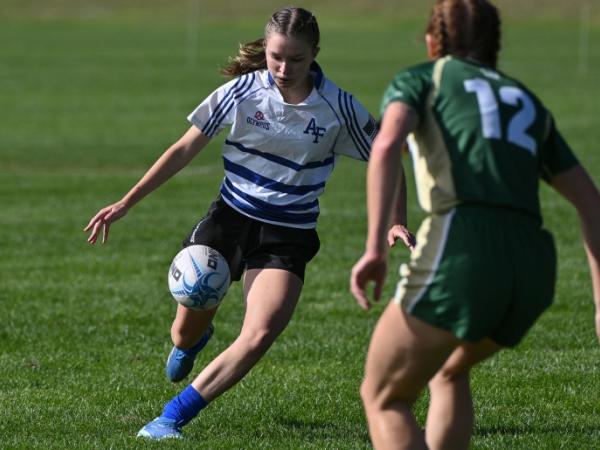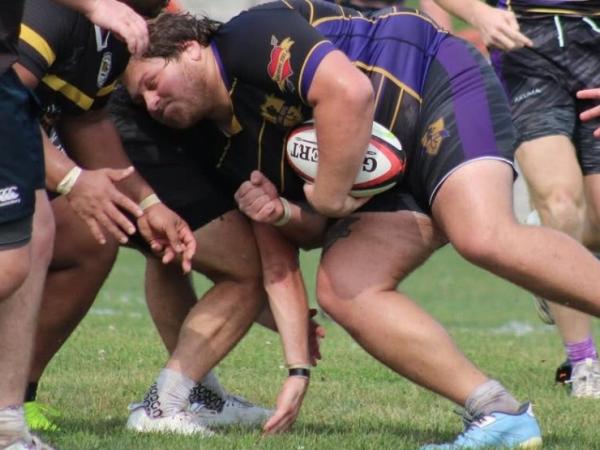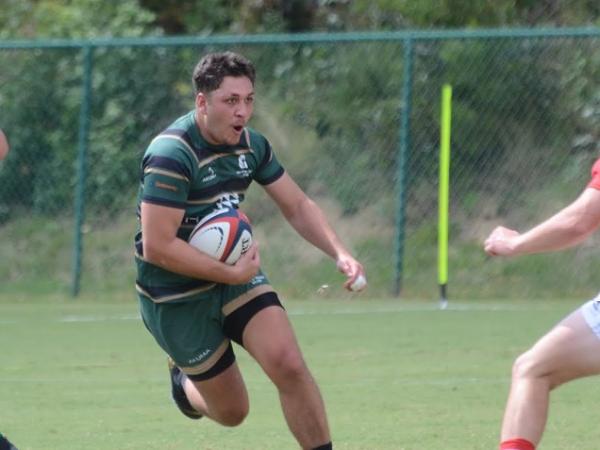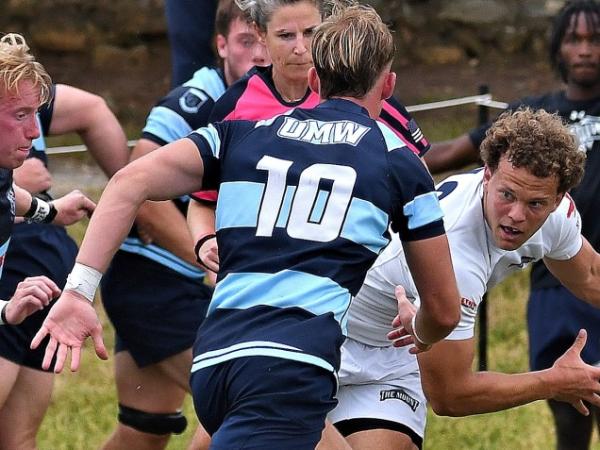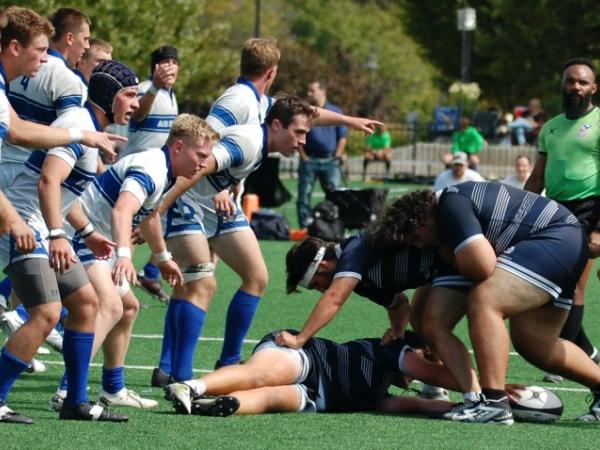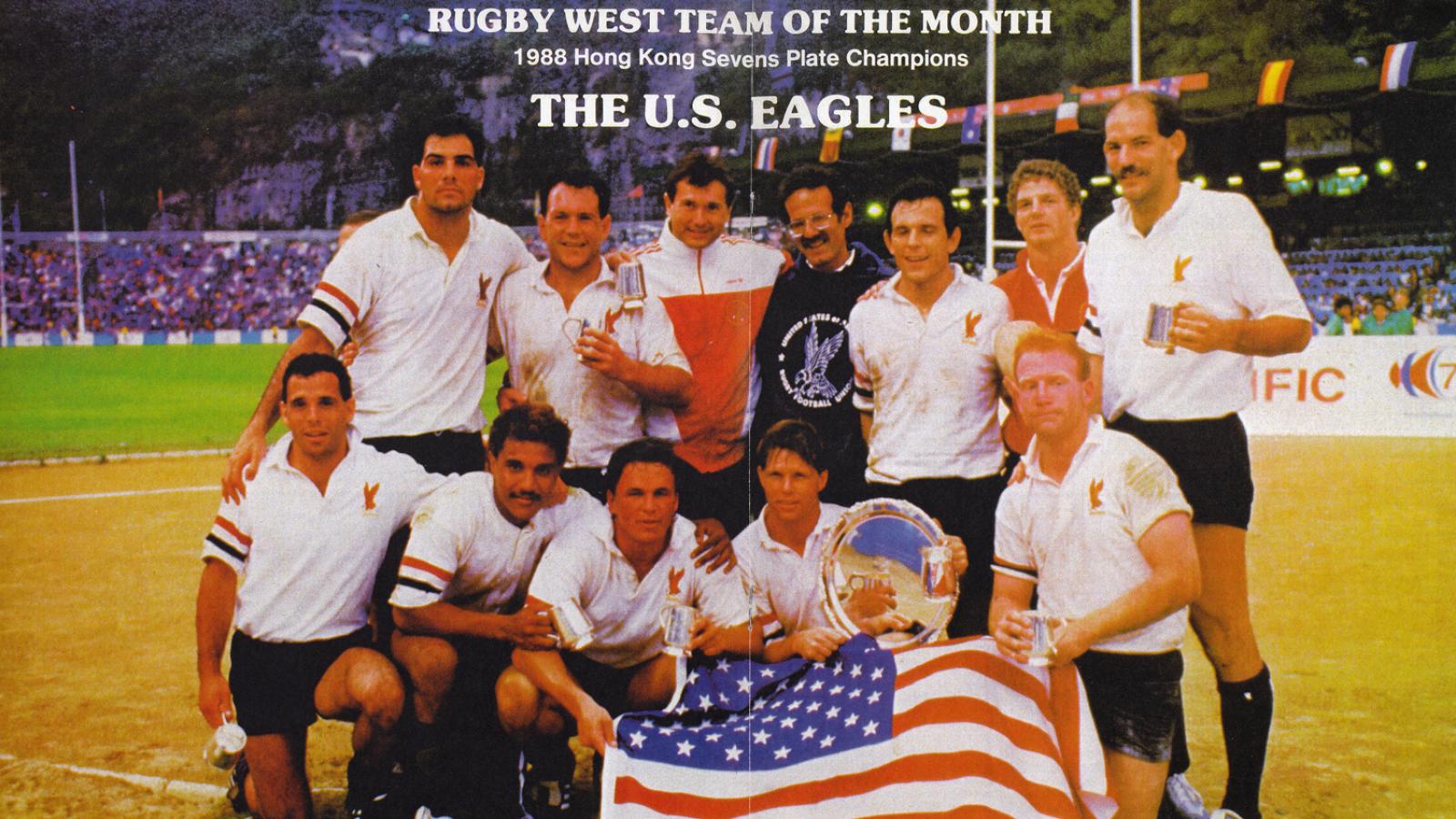This is an opinion column by Goff Rugby Report Editor Alex Goff. As HS season wrap up, it’s time for the all-star events, as the newly-named Regional Cup Tournaments are fast approaching.
This year, there are seven RCP (formerly RAST) tournaments. Most of these will occur on June 20-21, but two are slated for a week later. They will, for the most part, be made up of state select-sides, but some of the teams are more regional in nature.
The split of state select teams is part of a vision held by USA Rugby Director of Youth & High School, Kurt Weaver, who believes strongly that as high school rugby becomes more single-school, so clubs will remove themselves from league play and participate more in regional tournaments.
Whether that will work or not, the current model of elite select sides, either based on states, conferences, or major regions within a state, is working fairly well.
It’s a big question, though, whether American HS rugby will stay partially a club sport, or move to single-school.
In some regions, it’s heavily single-school. The Deep South, Massachusetts, New York, and a large chunk of other Northeast states moving south to the Carolinas and west to Ohio and Indiana, are single-school. Oklahoma teams are essentially single-school, as are teams in Michigan and Tennessee.
In Utah, the once-dominant Highland program broke up into single-school teams that used to provide players to the Highland team. The result is startling, as Herriman, Snow Canyon, Olympus, Highland, and East HS are all really, really good. The ration of single-school to club teams in Utah is now about 3-to-2. In my informal survey of the major active leagues around the country, there are over 730 boys high school teams in the country. Of those, about 44% are single-school (I made some guesses on some). Very few states - Indiana, Massachusetts, North Carolina, Utah, Iowa - have a confirmed majority of single-school teams.
I would say that these numbers are good for single-school rugby, and the numbers have been growing. But that doesn’t mean HS club rugby should completely change its approach. There are some states - Washington, Michigan, Northern California, Colorado - where the club is still easily the most common type of team. Single-school is stronger in states where they have a lot of Catholic schools.
But … that’s not to say that the shift toward single-school can’t be done. Follow Iowa and Nevada’s lead, and perhaps have a single-school 7s tournament as well as your 15s league. That might produce a growth in the game based on high school allegiances.
What this column does say, though, is that morphing club rugby into select-side rugby is a long way off.
You’re not going to get roughly 400 high school clubs to operate as traveling teams, or close up shop to merge with another club as a traveling team. Select sides are, by their definition, selective. They don’t play everyone. They cut people. The High School clubs in America aren’t operating in order to cut players; they are operating in order to bring more players to the game.
What I believe in as a combination of raised participation and raised standards. This follows the idea of, for example, Rugby Indiana, where they have a four-team Super League, a DI, DII and Development League for boys. Recognize your level, and play there. But there’s another level, the all-star level. This is for players who want to make rugby their avocation. It’s not level that should be diluted.
So the Regional Cup Tournaments should be elite select sides. If one or two are traveling clubs rather than states, that’s fine, but the idea is they should be elite-level teams. Then perhaps we could look at a bigger Stars & Stripes event, maybe less of a possibles v probables open subs game, and more of a territorial championship.
So ...
- Encourage movement to single-school
- Don’t kill the clubs in the process
- Club should recognize that at some point splitting up is good for the game and the standard of play in the league
- Recognize that elite play means reducing the number of players involved
- Make elite-level play for a trophy, not just a scouting exercise
- Recognize that HS clubs are often the programs that get rugby started in a community
- Keep an open mind





